10 Things You Need to Know When Planning Outdoor Events
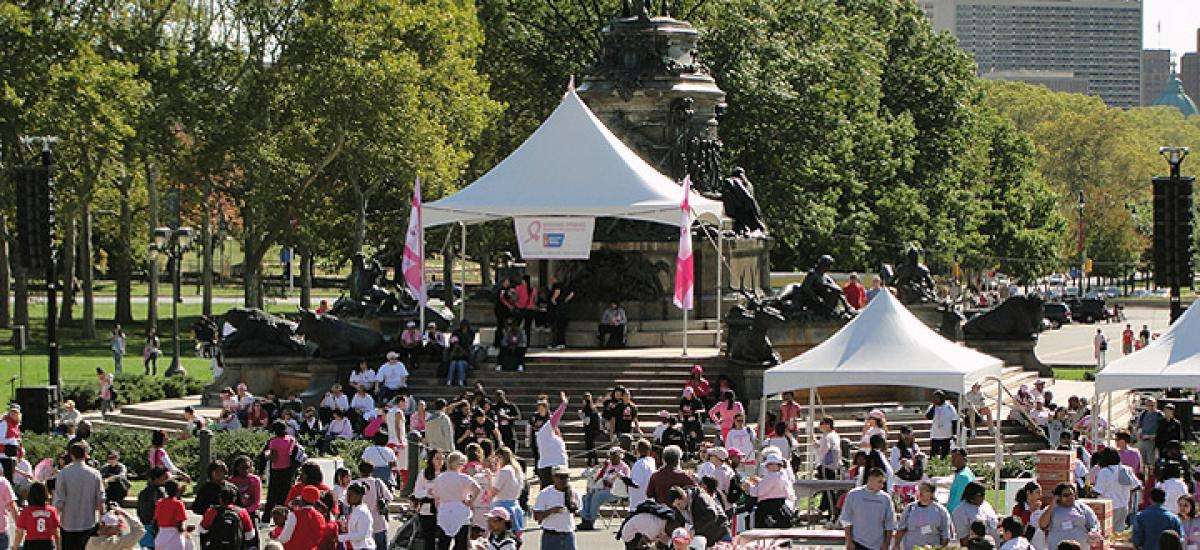
Preparation is Key to Avoid Murphy's Law
The weather may be getting cooler around Philadelphia, but we have many clients heading to warm-weather destinations this winter and planning events in outdoor spaces. Outdoor events allow flexibility and creativity, but the trade-off is that there are many details to consider that sometimes can be more difficult than planning an indoor event.
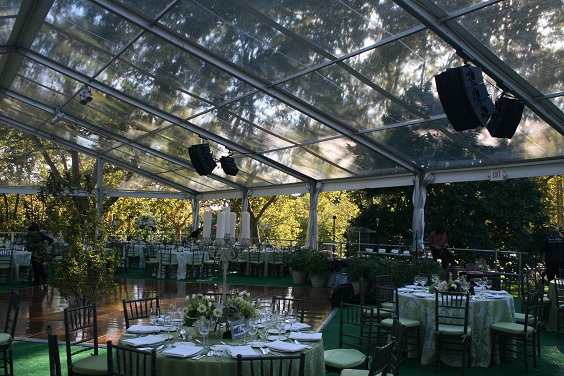
Here are ten tips to remember:
1. Permits: This should be the very first thing you do once the venue site is chosen - not having the appropriate permits is a quick way to get an outdoor event shut down, especially if it is on city property.
2. Ordinances and Codes: Plan on having music? Be sure to check noise ordinances as well as fire and safety codes. You will have to contact local authorities to get the information you need with regards to the venue's specific location.
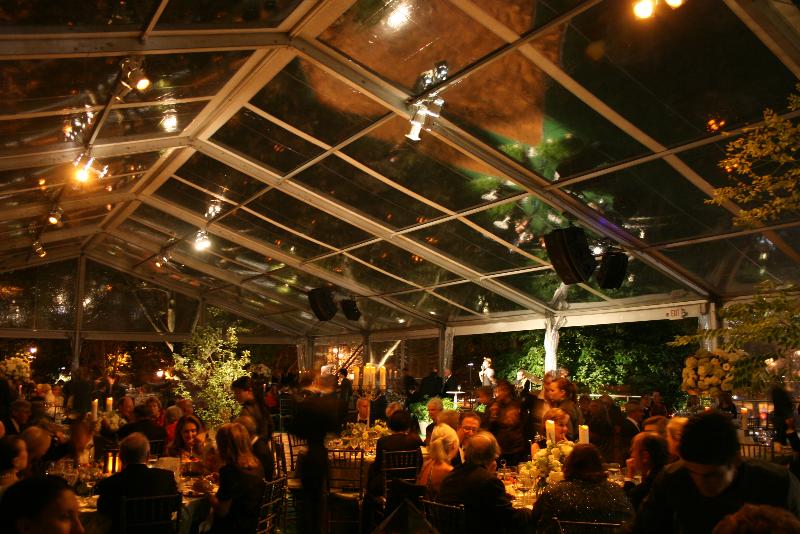
3. Making Vendor Arrangements: Depending on the type of event and how raw the outdoor space is, you will have to contact appropriate vendors to set up power, toilet, provide communication, food service equipment, sound support, lighting, etc.
4. Logistics: Have a meeting at the venue with all of your suppliers as soon as possible so that you can coordinate load in/out, parking, power needs, etc. This will help you build a comprehensive logistics plan and keep details from getting too overwhelming.

5. Lighting: Exit paths, walkways, parking lots - all of these areas will have to either have pre-existing lighting or you will have to bring some in to ensure safety.
6. Keep Guests Comfortable: In case the weather is a little warmer than you'd like, you need to ensure that there are places for guests to escape the heat. Ideas may include cooling stations with portable air conditioners or perhaps even mist machines to provide guests some quick relief from the heat. Cold water should also be readily available throughout your event space.
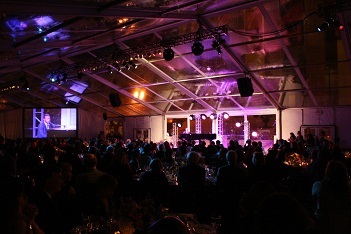
7. Pest Control: If you are close to the water, you will want to have a pest control technician spray the area for mosquitoes and other bugs. Nothing is more uncomfortable for guests than being eaten alive!
8. Communication: Be sure to supply a means for communication for staff and safety/medical personnel. You will need to make sure the walkie talkies/radios are able to reach the entire grounds.
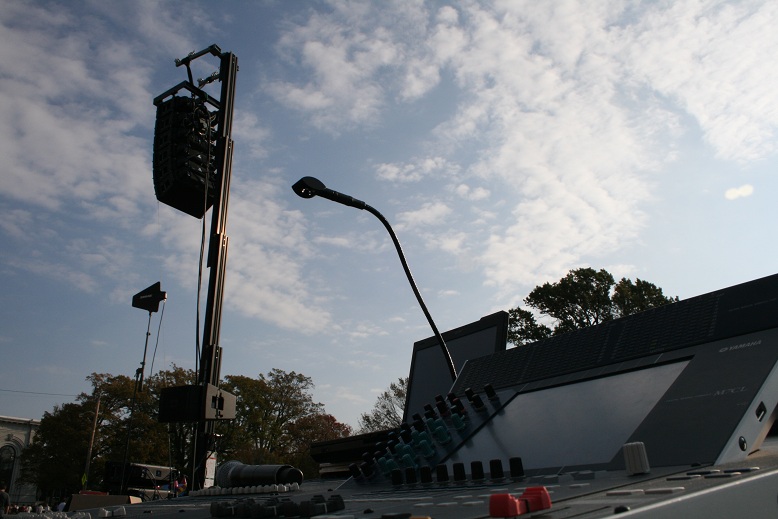
9. Inclement Weather: Have a plan B! Work with vendors to make sure they bring what they need in case of rain, especially if their equipment is not weather proof.
10. Clean Up: The event might be over, but your work is not. Make arrangements with a local sanitation company to assist in clean up. Be sure to restore the venue to the way you found it so others can enjoy it too!
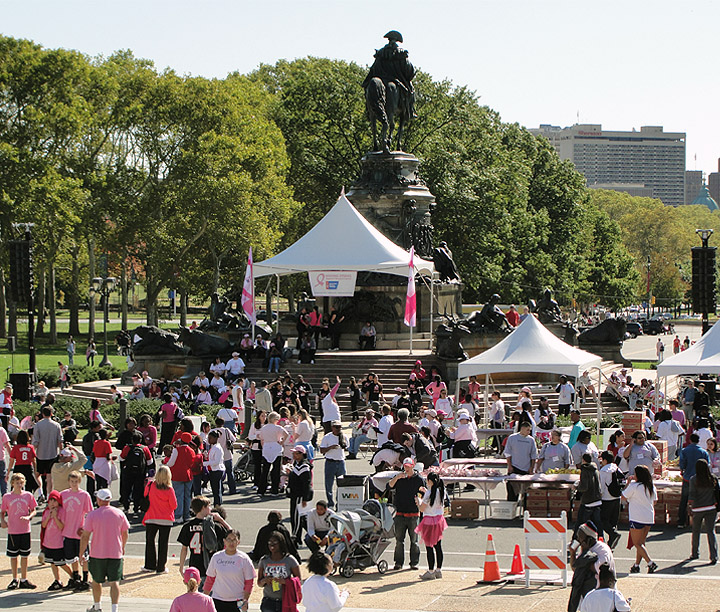
Share This Article
Categories
Latest Posts
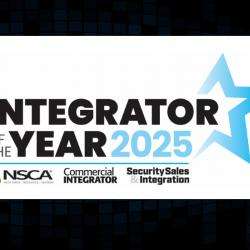
IMS Closes Out 2025 with Major Industry Awards, Looks Ahead to 2026

Philadelphia 2026: Is Your Venue Ready for the Spotlight?
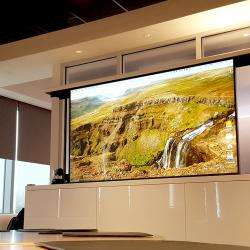
Scalable AV Infrastructure for Life Science Enterprises

Extend Your Reach: The Power of Virtual and Hybrid Events

IMS Wins Award for 5th Consecutive Year
Tags
Contact Us
- Headquarters: 3055 MCCANN FARM DRIVE, GARNET VALLEY, PA 19060
- Event Staging: 2000 COLUMBIA AVENUE, SUITE 300, LINWOOD, PA 19061
- Southeast Office: 404 SUNPORT LANE, SUITE 350, ORLANDO, FL 32809
- Phone: + 610-361-1870
- Contact Us
Services
Recent Posts

IMS Closes Out 2025 with Major Industry Awards, Looks Ahead to 2026

